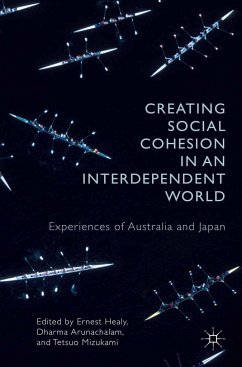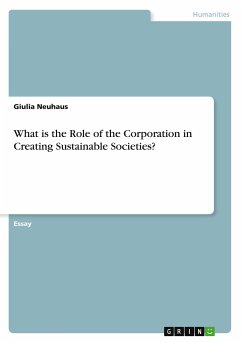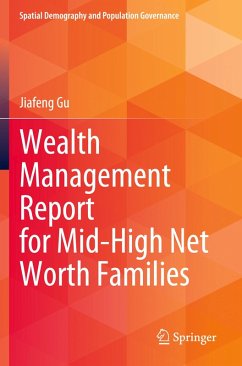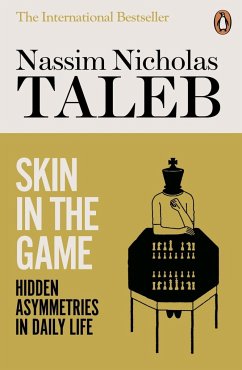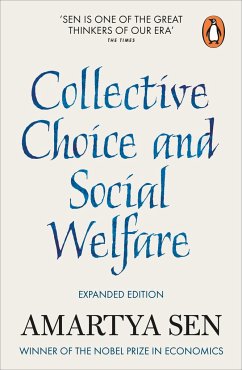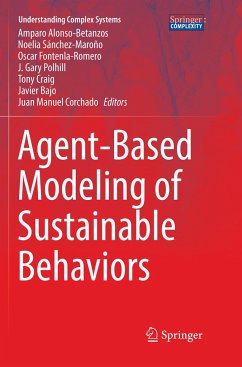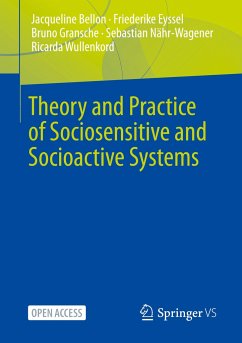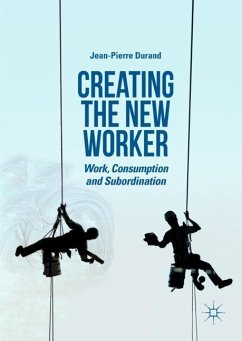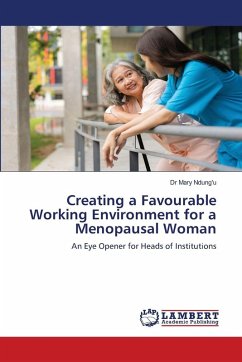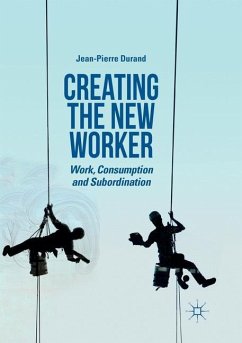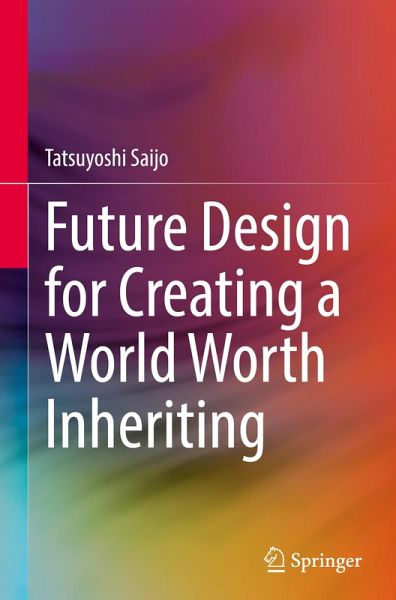
Future Design for Creating a World Worth Inheriting

PAYBACK Punkte
53 °P sammeln!
Our world stands at a critical crossroads. While world leaders wage wars and pursue aggression, humanity faces mounting "future failures" - burdens we're leaving for generations yet unborn. Scientists warn that carbon emissions, nitrogen cycles, and biodiversity loss have already reached dangerous tipping points. Yet we possess what we call "futurability" - the capacity to find joy in creating happiness for future generations, even at the expense of immediate gains. However, our current society isn't structured to nurture this vital human trait. Drawing inspiration from the Iroquois' seventh-g...
Our world stands at a critical crossroads. While world leaders wage wars and pursue aggression, humanity faces mounting "future failures" - burdens we're leaving for generations yet unborn. Scientists warn that carbon emissions, nitrogen cycles, and biodiversity loss have already reached dangerous tipping points. Yet we possess what we call "futurability" - the capacity to find joy in creating happiness for future generations, even at the expense of immediate gains. However, our current society isn't structured to nurture this vital human trait. Drawing inspiration from the Iroquois' seventh-generation principle, we've developed and tested innovative social mechanisms through rigorous laboratory experiments and real-world applications. This book, "Future Design for Creating a World Worth Inheriting," presents our vision and practical framework for redesigning society to activate our collective futurability. Through years of research and implementation, we've created concrete solutions that can transform how we make decisions about our shared future. Join us in this crucial endeavor to create a world our descendants will thank us for - a world truly worth inheriting.





